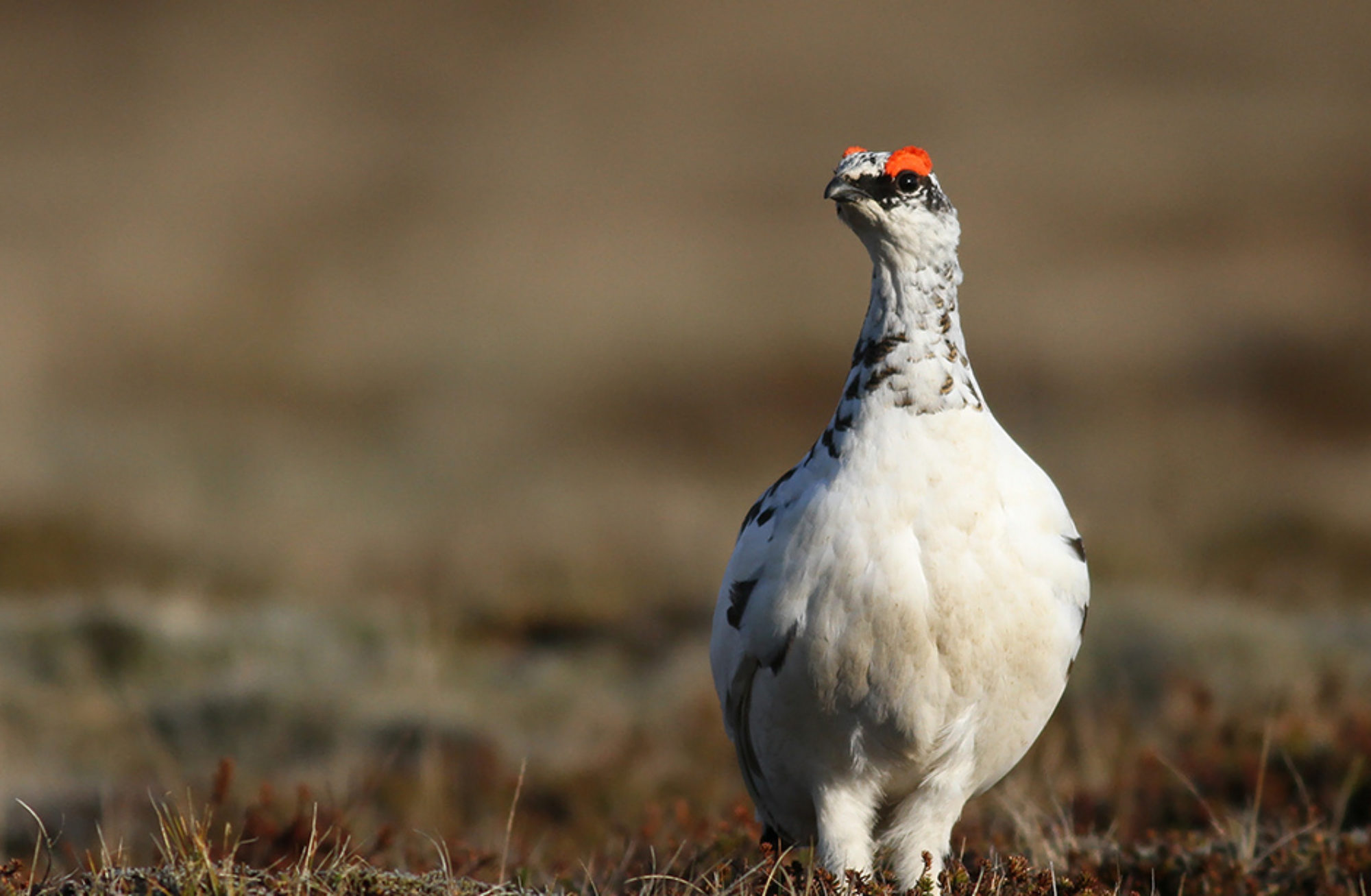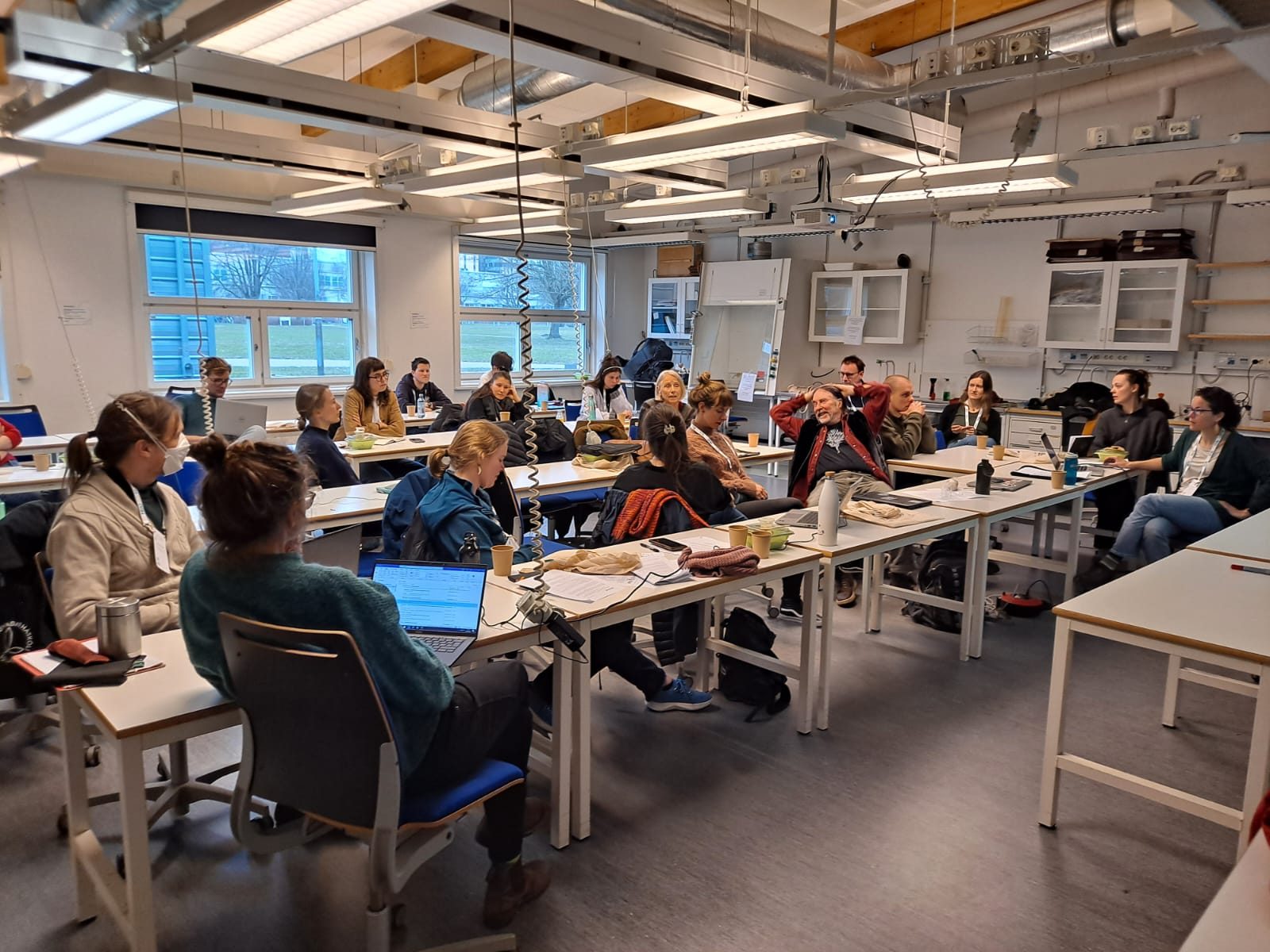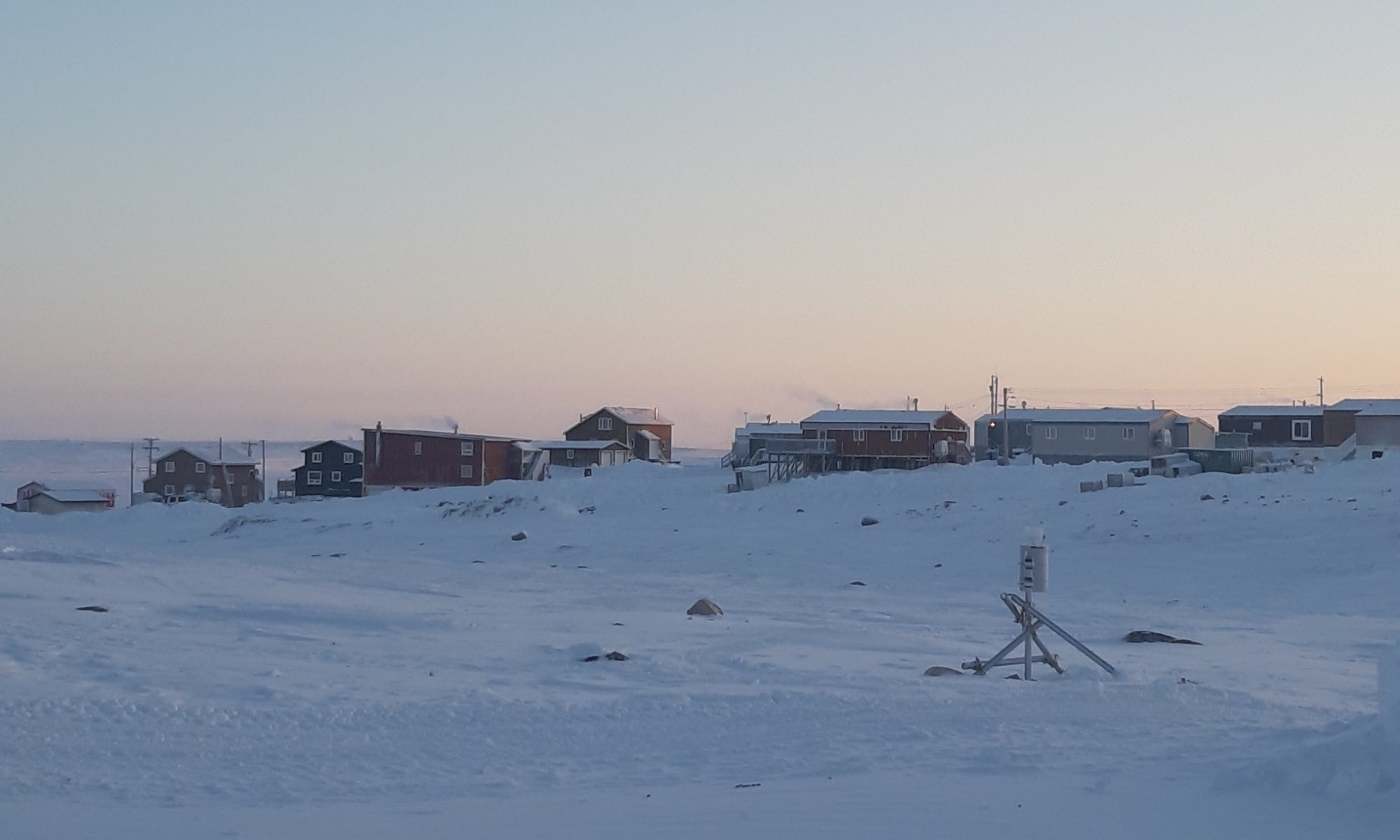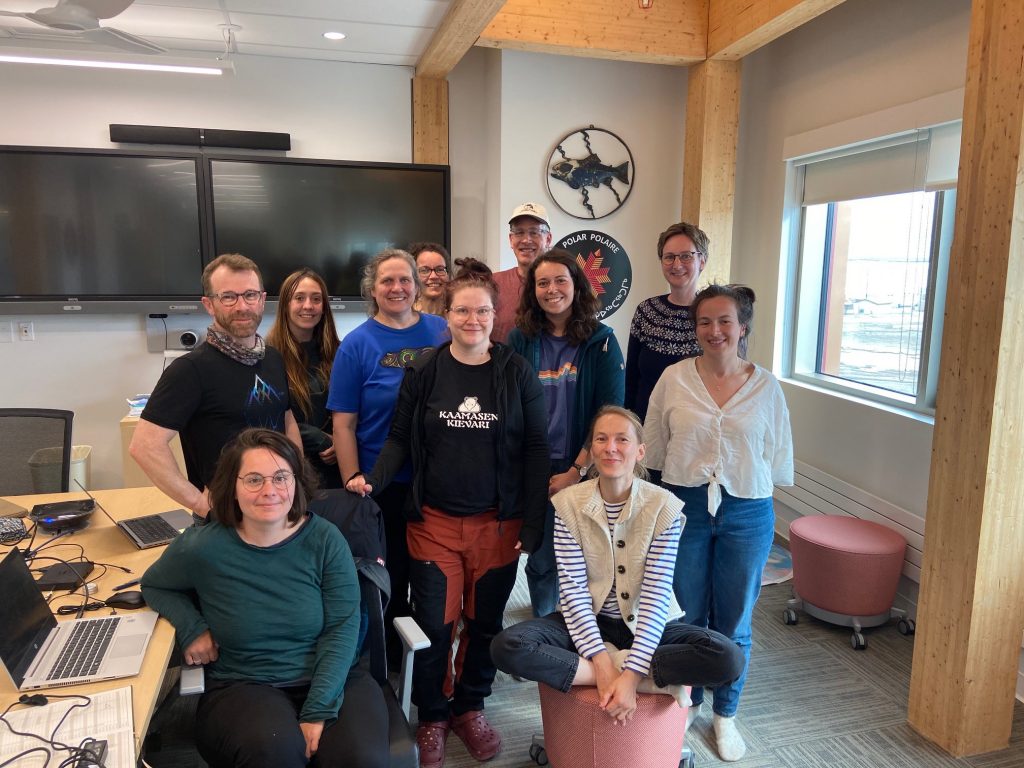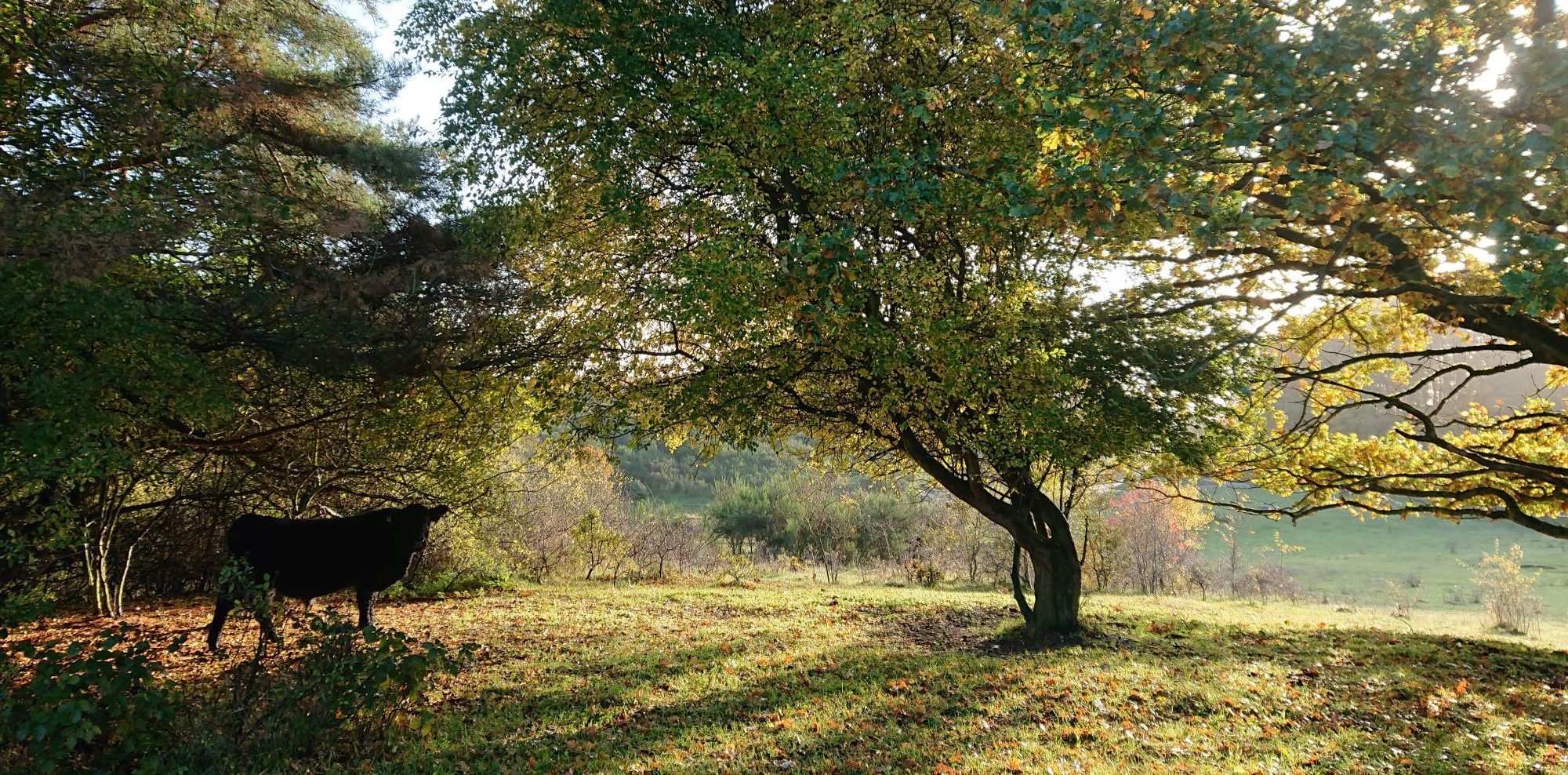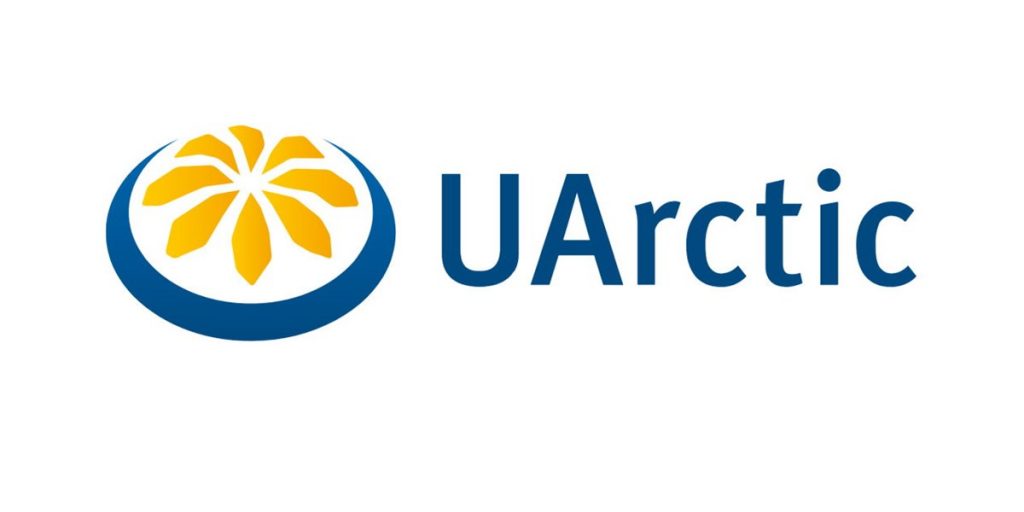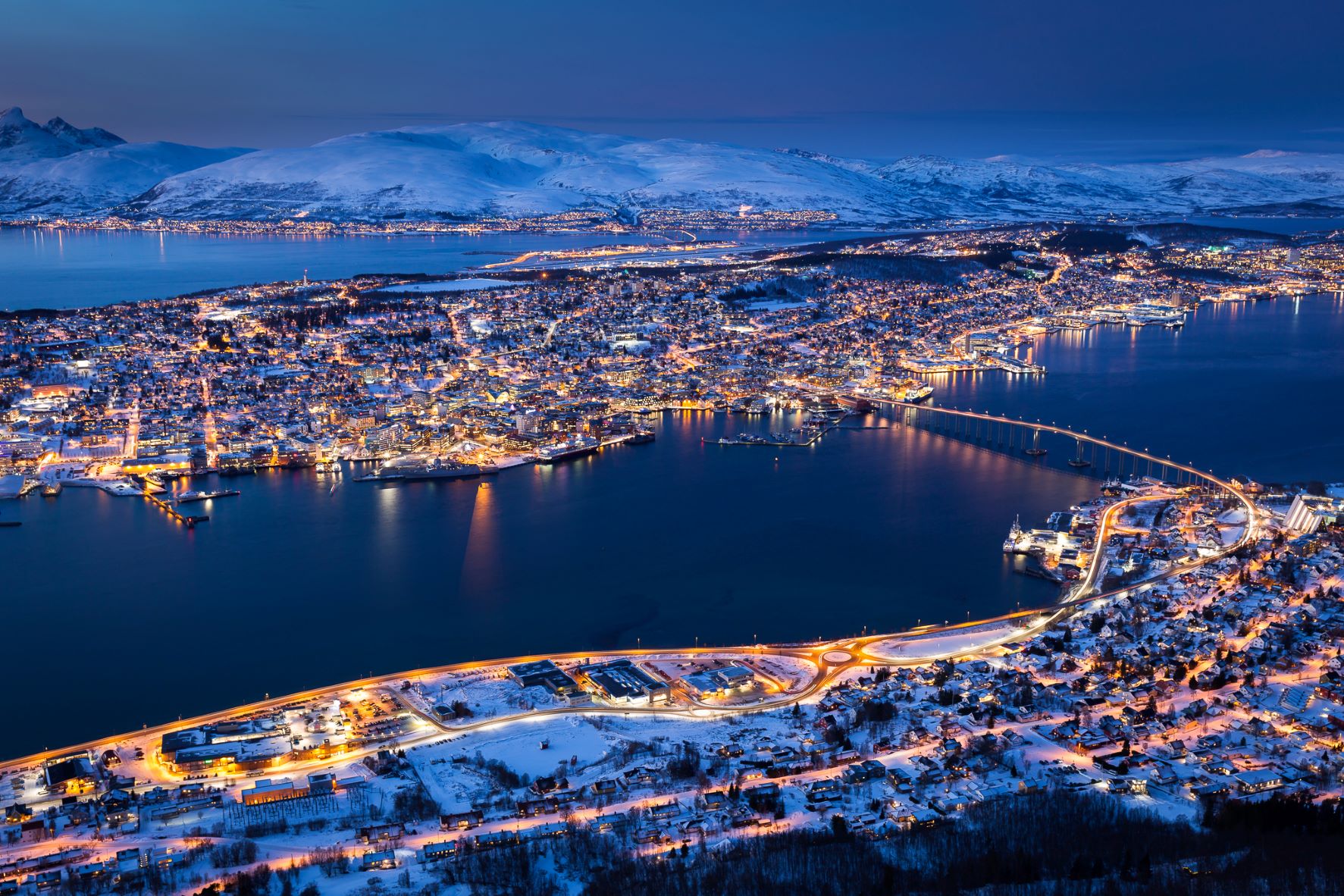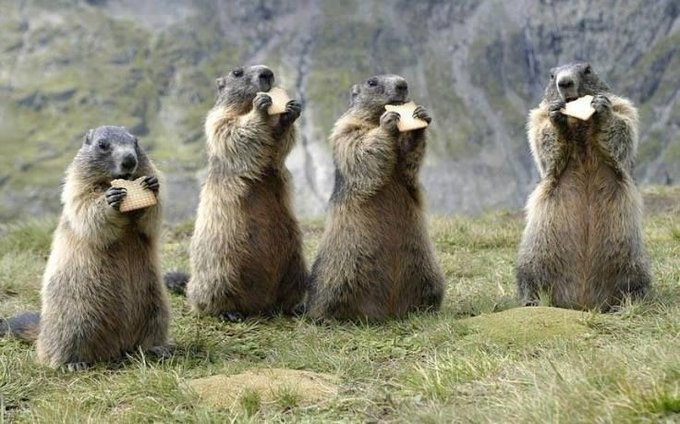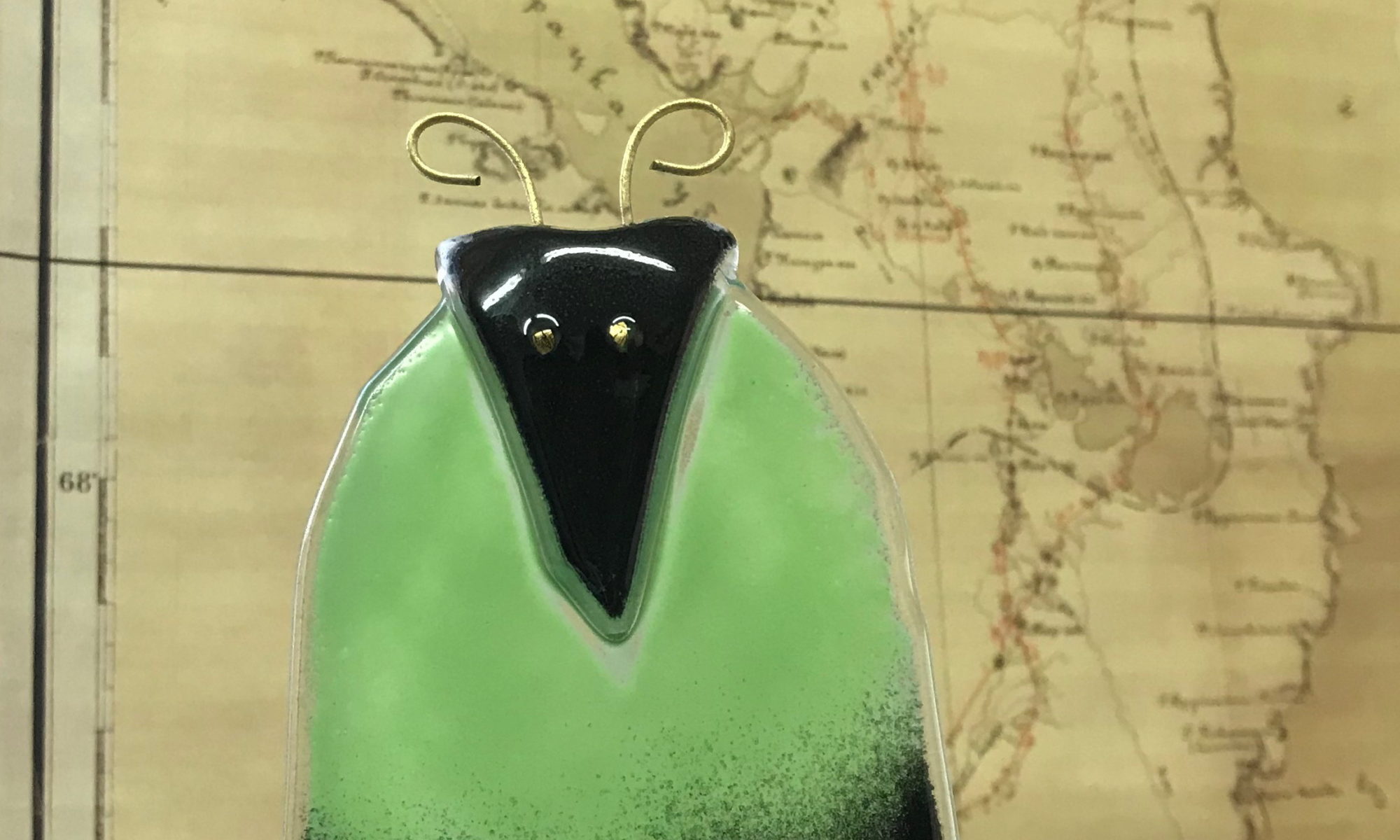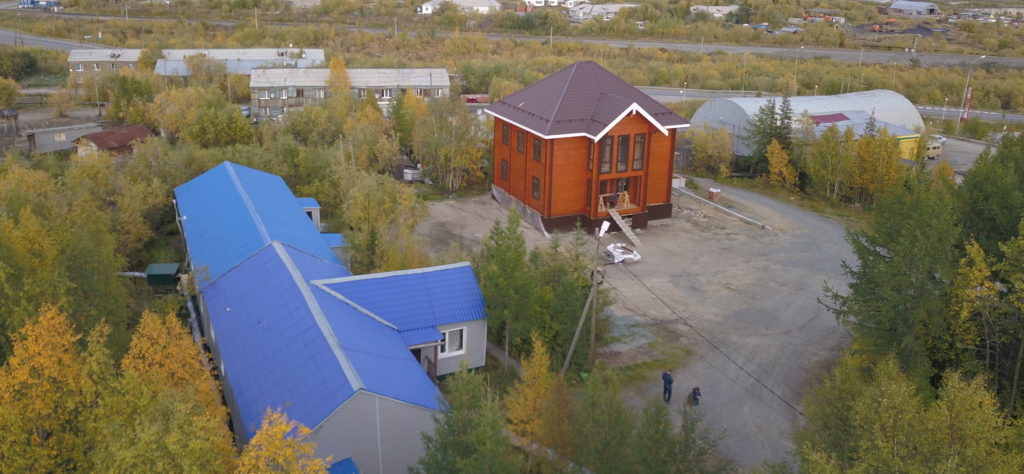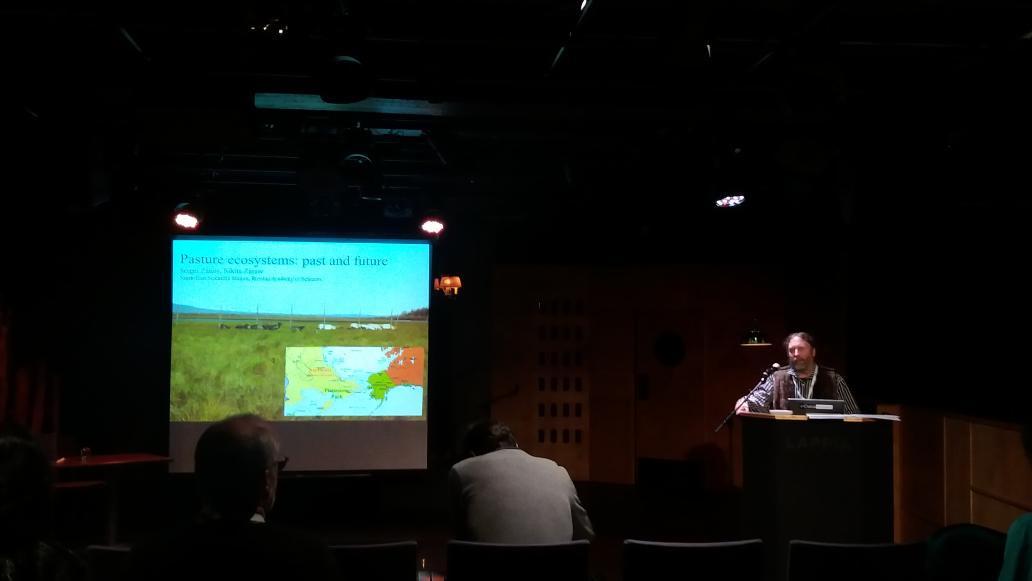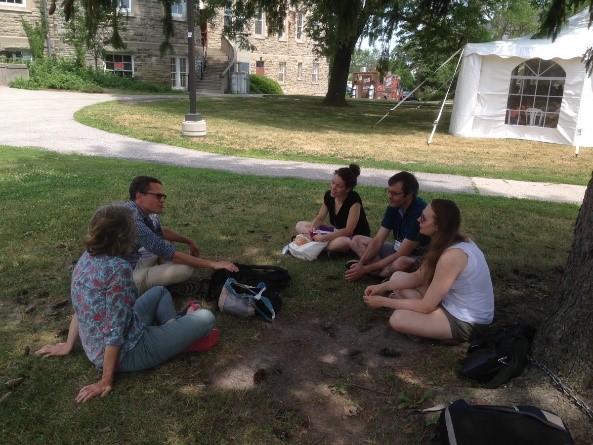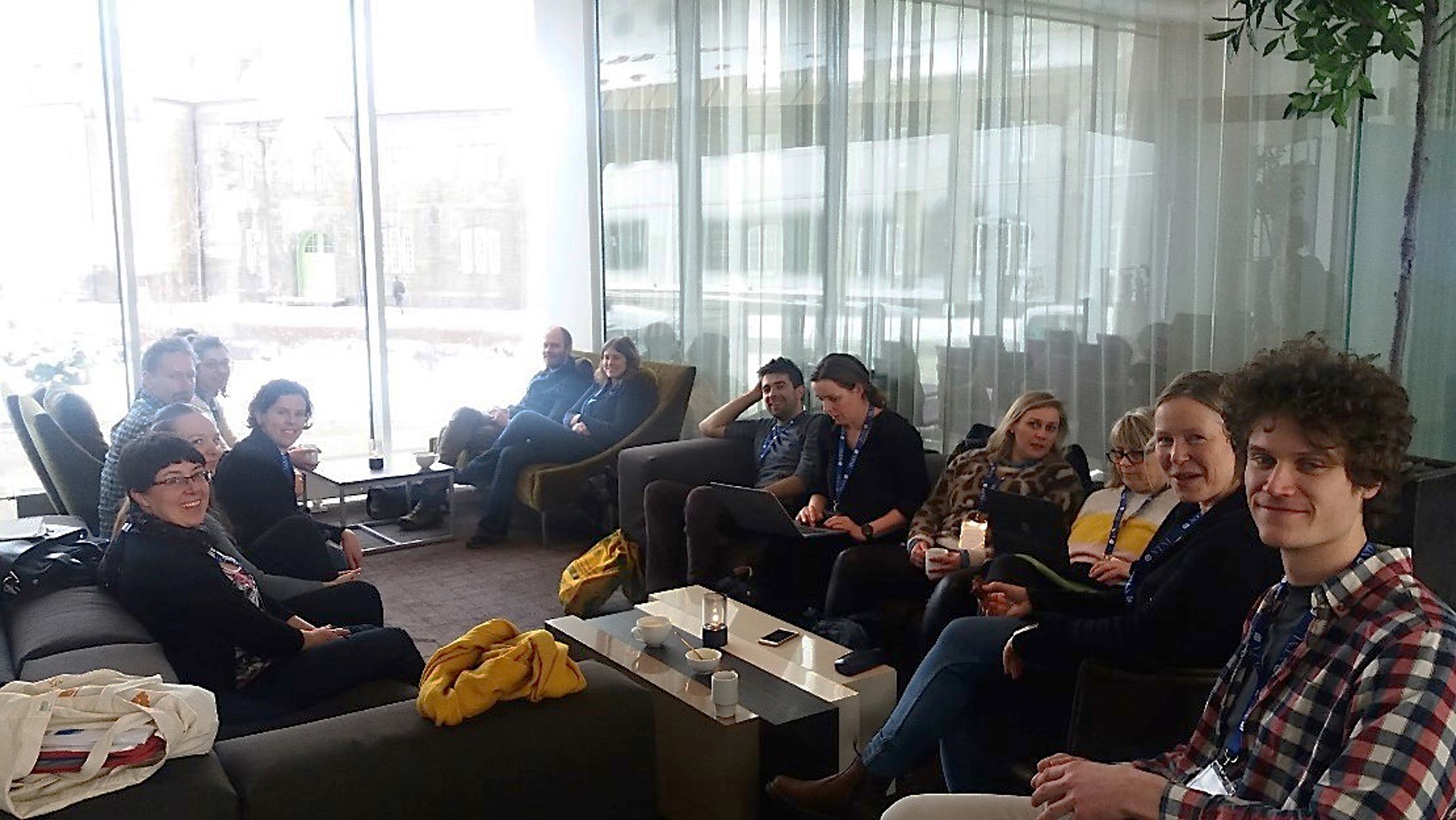After 10 years of contributing to circumpolar research on plant-herbivore interactions, the Herbivory Network is using a horizon scan to identify research priorities in Arctic herbivory for the coming decade. As part of this process, the Herbivory Network organized a one-day in-person workshop, as a pre-conference activity, parallel to the Nordic Society Oikos conference held in Lund, March 12-15, 2024.
During the workshop, participants worked on refining the emerging themes and determining key action points for Arctic herbivory research in the next decade, based on feedback received from Arctic herbivory experts through an online survey. You can find more information about the project here.
The workshop was organized by Isabel C Barrio (Agricultural University of Iceland), Stefaniya Kamenova (University of Oslo) and Helen Anderson (University of Aberdeen). Registration for the workshop was open through the portal of the NSO conference, ensuring a broader participation than from network members alone. A total of 26 researchers participated in the workshop, many of them early career scientists.
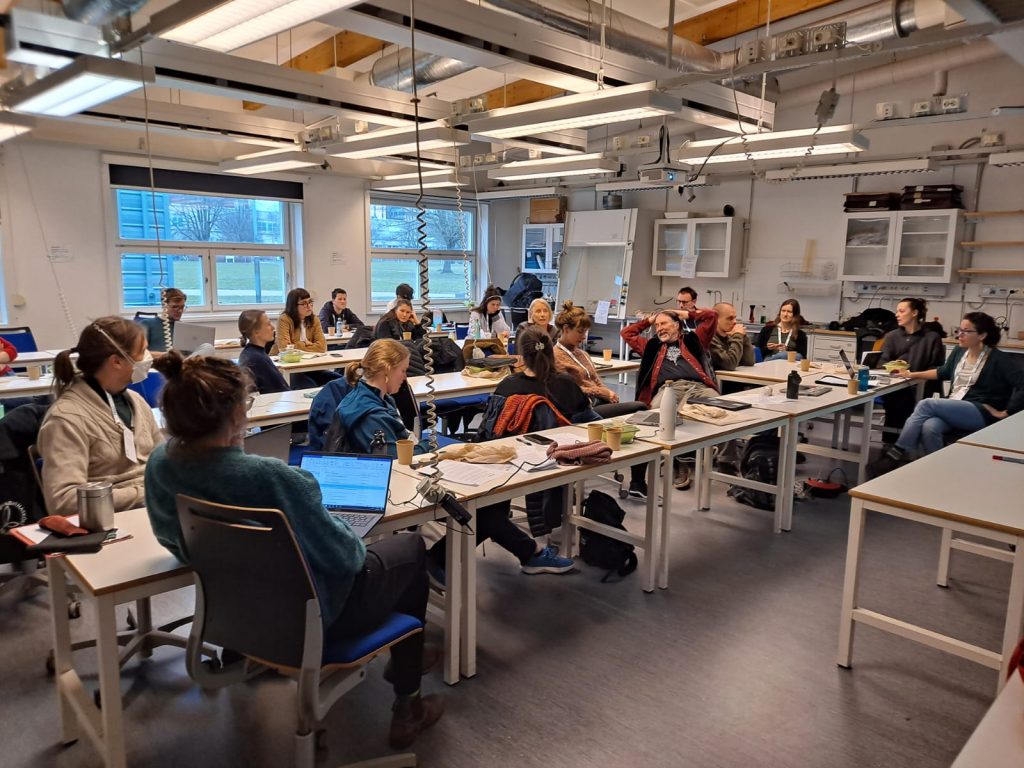
You can find here some documents relevant to the meeting:
Funding and support
This project has been endorsed by the International Arctic Science Committee as an ICARP IV activity. Funding to support the participation of early career scientistsin this workshop has been made available by the Terrestrial Working Group of the International Arctic Science Committee (IASC). Many of the discussions held during the meeting contribute to the TUNDRAsalad project (grant nr. 217754), funded by the Icelandic Research Fund.

